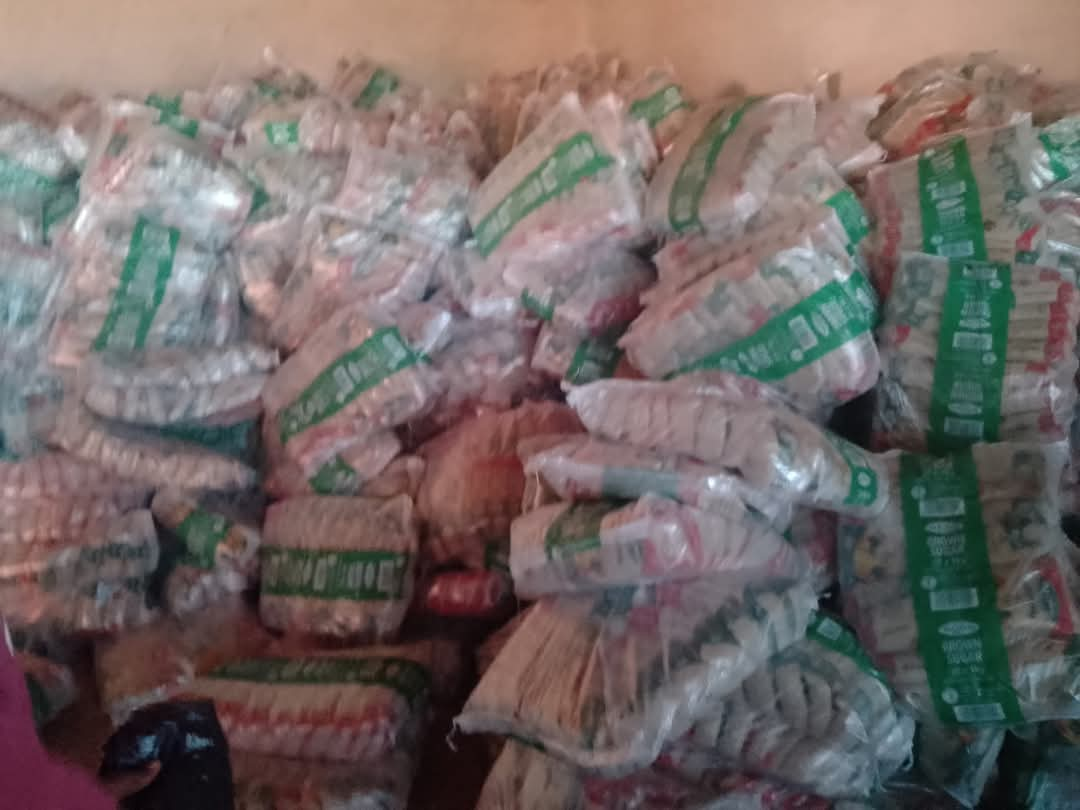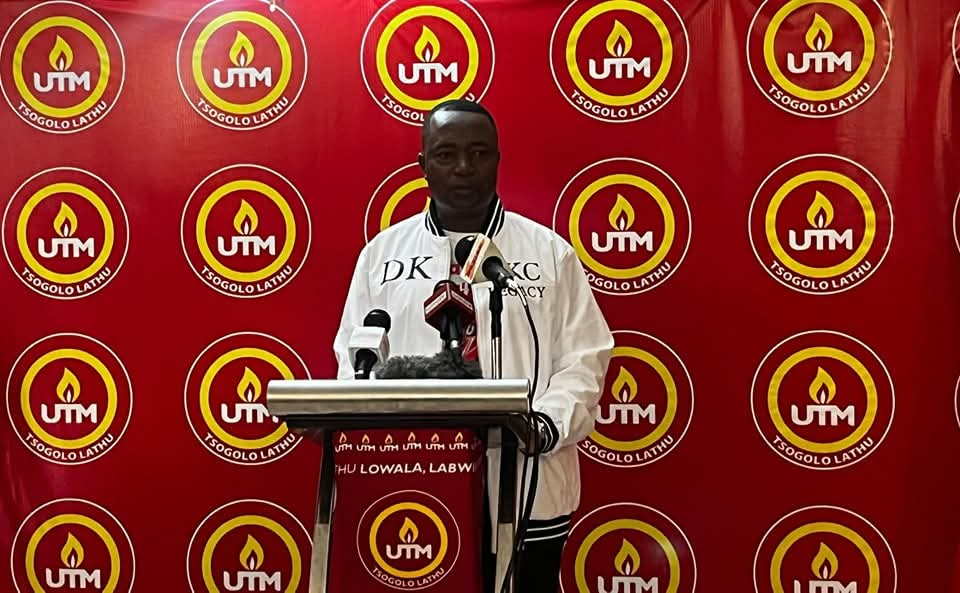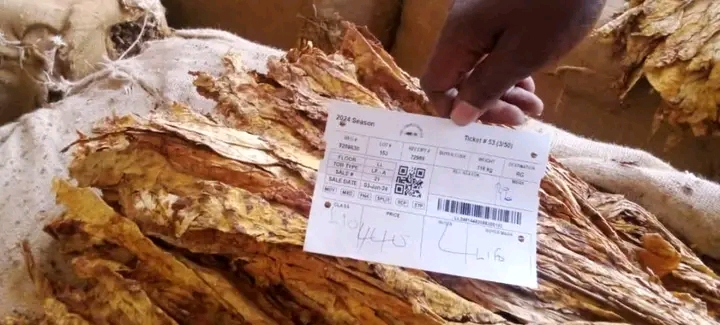By Burnett Munthali
Amid a nationwide shortage of sugar, some distributors in Chitipa have come forward to deny allegations of deliberately hoarding the commodity and smuggling it into neighboring countries.
The allegations surfaced following complaints raised by Civil Society Organizations (CSOs) operating in the district, who argue that such practices are contributing to the sharp rise in sugar prices locally.
Residents in Chitipa are reportedly being forced to purchase sugar at exorbitant prices due to its scarcity, a situation CSOs say is being worsened by illegal trade activities.
Beatrice Hawonga, Sales and Marketing Manager for Simama General Dealers, has defended her company against the accusations, stating that they only supply sugar to registered wholesalers and have no influence over retail pricing.
Hawonga emphasized that Simama General Dealers does not engage in smuggling and remains committed to lawful trade within Malawi’s borders.
Despite these assurances, the Chairperson of the Chitipa Civil Society Organizations, Patrick Ziba, maintains that sugar is being smuggled into neighboring Tanzania and Zambia, where prices are significantly higher.
Ziba noted that the cross-border trade is not limited to sugar alone, but is also affecting the availability of fuel, with vendors allegedly prioritizing exports in order to benefit from favorable prices in foreign markets.
He further claimed that some vendors are exploiting uncharted routes to transport goods across the border undetected, thereby avoiding police checkpoints and roadblocks.
According to Ziba, others are resorting to stockpiling sugar in warehouses along the Malawi–Tanzania border, creating artificial shortages within Chitipa and other local markets.
The situation has triggered public outcry, with many Malawians expressing concern over the government’s apparent inability to control commodity smuggling and price manipulation.
As the debate continues, CSOs are calling for urgent government intervention to restore order in the supply chain and protect consumers from exploitation.
They have also urged the Malawi Revenue Authority (MRA) and Malawi Police Service to increase patrols along border areas and close loopholes being used by unscrupulous traders.
The controversy surrounding sugar distribution in Chitipa is unfolding at a time when Malawians across the country are struggling to access essential commodities, raising questions about broader issues of governance, regulation, and enforcement.




